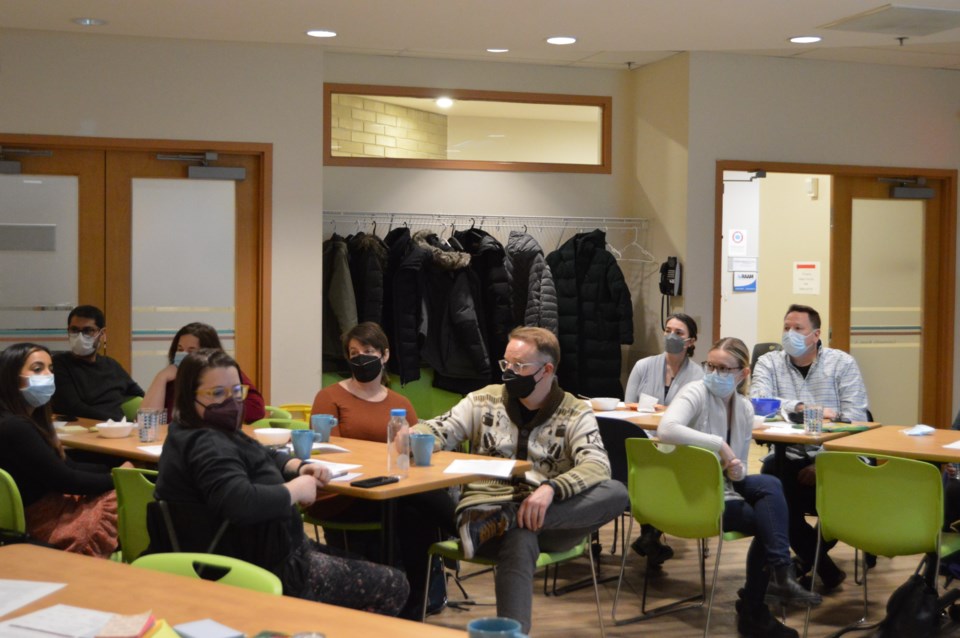A revised Guelph-Wellington charter for food justice is on the horizon and is being reinvigorated by the Food System Resiliency Table.
The Table is a group brought together by Our Food Future, an initiative which aims to implement a circular food economy in Guelph-Wellington. The initiative was awarded $10 million through Infrastructure Canada’s Smart Cities Challenge.
At the Table’s open meeting on Wednesday, a version of the Guelph-Wellington charter for food justice was discussed.
“The charter aims to drive communities, businesses and governments to invest in a food system where the right to food is upheld and where all people, relationships, economic and ecological systems can flourish,” said in the version four draft of the charter.
"We believe that food justice is the path towards creating a fair and sustainable food system for all," continued in the charter.
The original charter was created in 2011 by the Guelph-Wellington Food Roundtable, a non-profit of stakeholders who support a sustainable regional food system.
“There was a glory around the original food charter and then it got put on the shelf, people forgot about it. That’s why we, we got together and we started resurrecting it,” said Ashlee Cooper, co-chair of the Table, and project co-ordinator for Our Food Future.
Graduate students from the Arrell Food Institute came on board to help facilitate a community feedback event to look at the language of the charter.
Back in 2011, food justice was a theme in the charter, in today’s iteration it is the lens used to frame the vision and approach.
“Striving for the concept of food justice, using a food justice lens, means that we are actively acknowledging systems of oppression. We’re working alongside and working with people who have experienced those systemic oppressions,” said Cooper.
The new charter is trying to move away from a top down approach to policy and change. And instead, trying to equalize the playing field, she said.
“We see it as a tool for advocacy and policy work that will outlive our work, our program,” said Cooper.
“The idea is we’re shepherding it and trying to help council see the value in it, both councils. Both city and county,” she said.
There is still some uncertainty as to how the charter will be presented to council.
The 2011 charter was received and accepted by council. It helped inform decisions in government, communities, and in organizations, said Kate Vsetula, co-chair of the Table, and director of community and organizational development for the Guelph Community Health Centre.
“To me it’s, yes, our value statement and our vision. But also the aim is that it will inform change and will inform funding, processes and policies,” said Vsetula. “And I’ve seen that happen with the first charter, 10 years ago.”
Concerns from attendees of the meeting arose about how the charter will be implemented to create equity and outcomes.
“Because I’ve seen this happen, where we have these expectations of these grand things. And we begin with this idea that they are benefiting everybody equally, when they don’t,” said Winston Husbands, meeting attendee.
Having a shared vision is how we can rally people together, and having tables like this for collaboration can start finding ways to pull resources in, said David Messer, executive director of the Smart Cities Office.
“Wouldn’t it be beautiful if we would see the food charter in restaurants in Guelph? That would be a pretty strong indication of solidarity if businesses had the food charter up. As well as traditional organized grassroots food access,” said Cooper.
